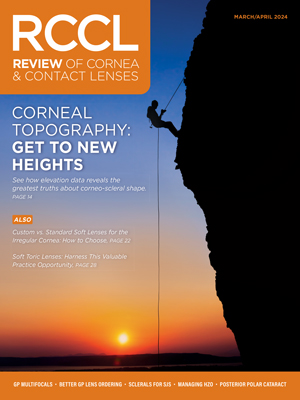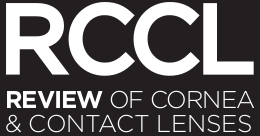 |
Not long ago, a colleague of mine mentioned an article she had read in The Atlantic, published in 2008 but perhaps even more relevant today. The title—“Is Google Making Us Stupid?”—lured me in; ironically, I used Google to find it. From the long list of comments other readers had posted, I surmised it had made them look at how the online search engine impacts their daily lives. The perceived omniscience of Google absolves us of the need to contemplate, discuss and learn. All answers are just a click away. And it also made me think: how often do our patients question our recommendations or even our diagnosis after consulting Google?
The torrent of online data that flows through our days also affects the ways in which we interact with it, argues Nicholas Carr, author of the article, who has written several books and news columns on the subjects of technology and culture.
“Over the past few years, I’ve had an uncomfortable sense that someone or something has been tinkering with my brain, remapping the neural circuitry, reprogramming the memory … I’m not thinking the way I used to think,” he writes. “Now my concentration often starts to drift after two or three pages. I get fidgety, lose the thread, start looking for something else to do. I feel as if I’m dragging my wayward brain back to the text.”1
Carr suggests that his inability to focus may be the result of acclimating to the fast pace at which information streams across his computer screen. Reading online blogs, news headlines or email requires less concentration than reading a full-length novel. On the computer, as soon as my interest wanes, I simply click a new link and I’m on to something else.
There have been numerous books, studies and articles written on this phenomenon, including (ironically) by Google—the company claims it would like to turn its search engine into a form of artificial intelligence that would know exactly what the user wants, before the user does (Google Now is already laying the groundwork). It’s little wonder then, as we use the so-called information highway to educate ourselves and communicate, that we become less and less accustomed to pondering, analyzing and connecting pieces of information as we used to do when we read them on pages in a book. Bruce Friedman, a pathologist from University of Michigan Medical School describes his online reading habits as being “staccato,” in that he rapidly glances through small sections of text from multiple sources. “I can’t read War and Peace anymore,” he told Carr in a telephone interview. “Even a blog post of three or four paragraphs is too much to absorb.”
Tara Brabazon, in her book The University of Google, describes the challenges of teaching her university students who seem to have lost the ability to think deeply.2 She claims that online lectures entice students to merely download and read them, rather than attending lectures in person. By doing this, she argues, something is lost when the face-to-face contact ceases.
Competing with Google
So, how does this affect us as health care professionals? Well, your patients are almost certainly “Googling” information about their disease. Are they self-diagnosing based on descriptions from the Internet? Likely. Are you growing impatient when having to slow down to explain something and undo incorrect assumptions again? Undoubtedly.
These and others are challenges we all face as technology changes. This is not to say that the Internet is evil; our lives are certainly richer because of the instant access to information. But let’s slow down and remember that more often than not humans still prefer face-to-face contact. Your patients will thank you when you look them in the eye, patiently instruct them with hands-on methods and answer questions. Everyone likes to know that they are valued and worthy of your care and concern. So, if you have managed to read to the end of this editorial, let me know your thoughts. But don’t email or text me—pick up the phone and let’s chat.
And the next time one of your patients comes in armed with reams of downloaded information from the “University of Google” that might be contrary to your advice, just carefully listen and smile, as only another person can. Besides, we all know it’s probably just making them stupid!
1. The Atlantic. Is Google Making us Stupid? Available at: www.theatlantic.com/magazine/archive/2008/07/is-google-making-us-stupid/306868/. Accessed April 19, 2015.
2. Brabazon T. The University of Google: Education in a (post) information age. Aldershot: Ashgate, 2007.


